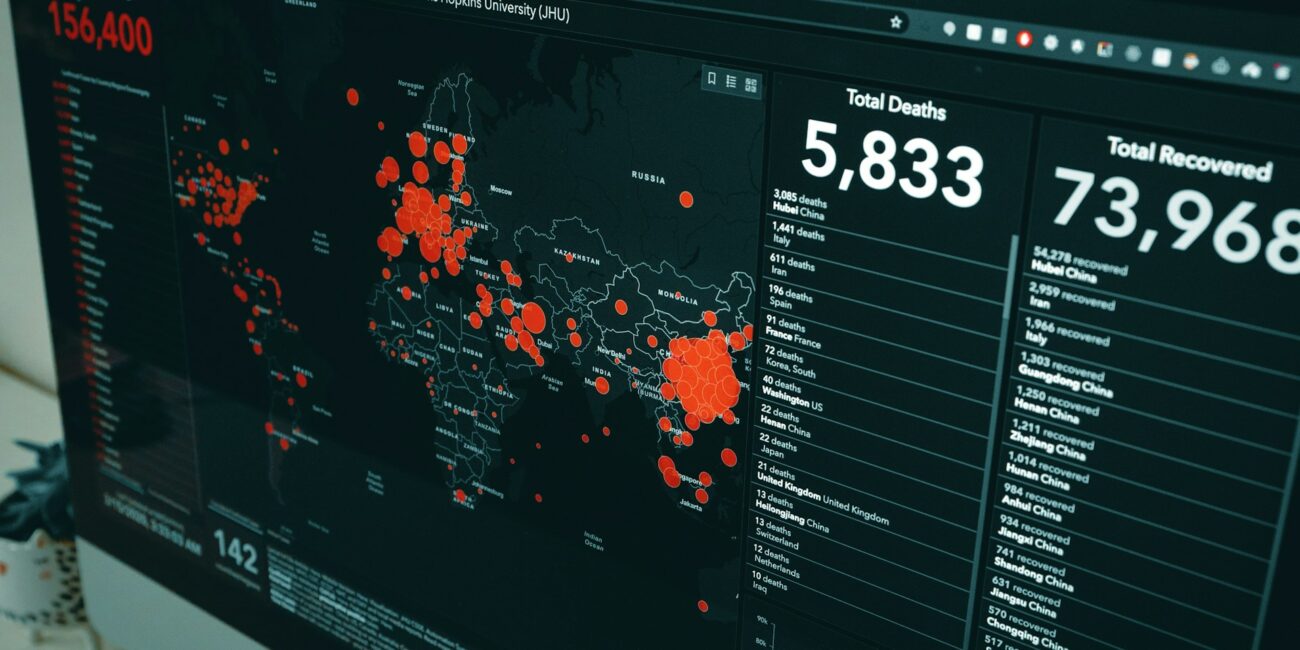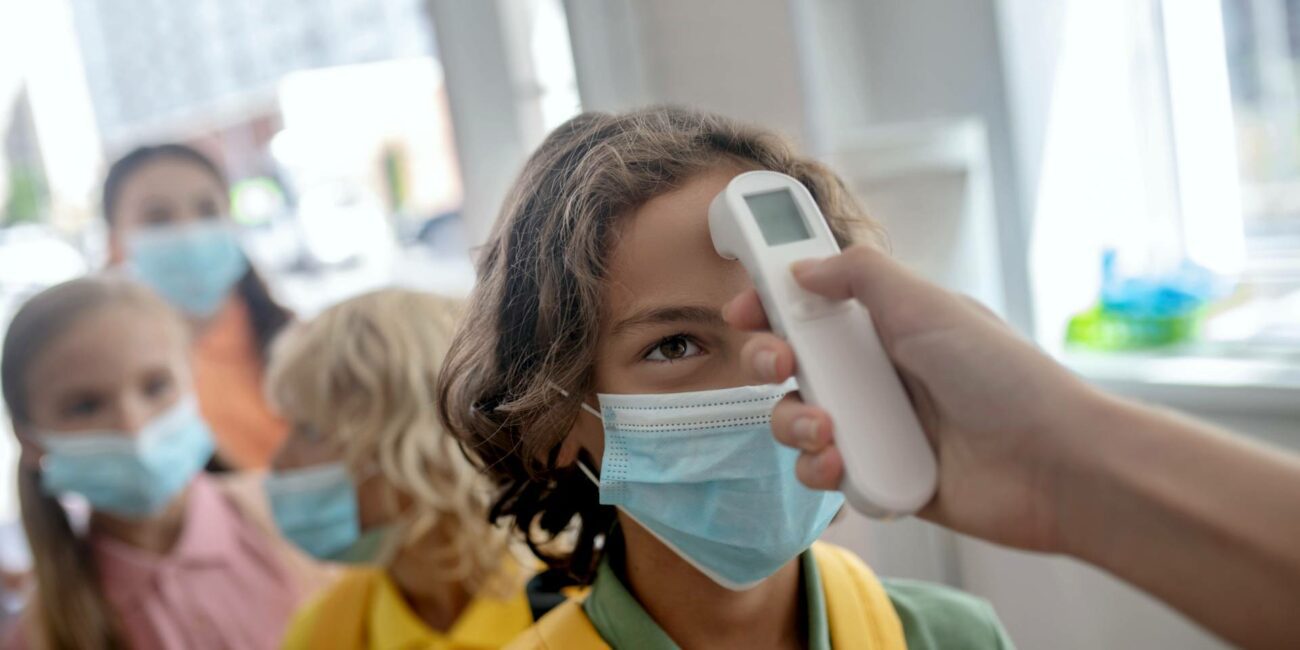By Carol Taccetta, M.D., F.C.A.P
A drug safety physician’s message to Dr. Peter Marks (U.S. Food and Drug Administration) regarding risk evaluation of anaphylaxis with the Pfizer-BioNTech COVID-19 vaccine
Originally emailed 22 December 2020. Please note: the views expressed here are my personal opinions and do not reflect the views of former or current employers or any professional organizations to which I belong.
Dear Dr. Marks,
Although initially trained and board-certified as a clinical pathologist, I have been working as a physician in the pharmaceutical industry for over two decades. Most of my experience has been in drug safety. I need to share that, for many years, I have had nothing but the utmost respect for the FDA and their decisions. Of all my interactions with the FDA, I am most proud of serving as a Sponsor’s Responsible Medical Officer for a successful New Drug Approval (NDA). As an aside, I have had the pleasure of meeting you at a Drug Information Association (DIA) conference, briefly discussing some of the challenges in causality assessment of adverse events during a clinical trial.
In light of the multiple anaphylaxis and/or serious allergic events subsequent to the Pfizer-BioNTech COVID-19 vaccine rollout, reported both here (n=5) and in the United Kingdom (n=2), I implore you to call for a halt to the deployment of the vaccine until further safety data is available. [1,2]
Dr. Marks, you are noted to have recently said that polyethylene glycol (PEG) “could be the culprit” causing the reactions.1 Immediate-type hypersensitivity to PEG has been seen “with increasing frequency,” and the reported prevalence of anti-PEG antibodies in the general population was noted to be as high as 72% in 2016. [3,4]
There is just not enough known surrounding this vaccine and hypersensitivity. One of the study’s exclusion criteria was “History of severe adverse reaction associated with a vaccine and/or severe allergic reaction (e.g., anaphylaxis) to any component of the study intervention(s).[5] It is crucial to immediately pause the vaccination program and critically assess the “index patients” with a battery of tests, such as anti-PEG antibodies, intradermal testing and exhaustive medical history to corroborate “the culprit,” the mechanism of the anaphylaxis, as well as to determine further action.
Anaphylaxis to vaccines is not always “immediate,” but typically begins “within 30 minutes after immunization, but can have an onset several hours later,” long after the patient has left the doctor’s office.[6] The vaccine is given as a two-dose regimen, 21 days apart: for patients experiencing mild to moderate IgE-mediated events upon first dose, there is a risk of anaphylaxis on revaccination.[6]
It has been reported that the medical history for the above patients experiencing hypersensitivity varied from a history of severe drug allergies to food allergies to no history of allergies at all.[7,8] To note, it is important to keep in mind that having any allergy, such as a food allergy, does not preclude the patient from having a concurrent PEG allergy. The current Pfizer labeling, Contraindications section, states not to administer vaccine to those with a known history of a severe allergic reaction (e.g., anaphylaxis) to any component of the vaccine.[9] Most people will not know if they have an allergy to PEG. The Medicines & Healthcare products Regulatory Agency (MHRA), in the “Information for Healthcare Professionals on Pfizer/BioNTech COVID-19 vaccine,” warned not to give the vaccine to those with a history of immediate-onset anaphylaxis to a vaccine, medicine or food.[10] Also, to not give a second dose if anaphylaxis is experienced with the first dose.[10] Both these warnings are absent from the US label.[9] Still, even the addition of a boxed warning at this point would not protect the public: what is needed is data to understand why these patients had these hypersensitivity reactions.
A Pfizer representative stated during the committee meeting that during the trial, “we saw no serious allergic reaction to the vaccine.” (5:18:40) [7] After either vaccine dose, no subject had reported an immediate allergic reaction to the vaccine.[11]
Yet there is documentation in the Pfizer briefing of one serious adverse event (SAE), “anaphylactic reaction,” occurring in the active vaccine group (see Table 23), which was not mentioned in the FDA briefing document, discussed in the Pfizer briefing document, or noted during the nearly nine-hour meeting.[7, 11, 12] Table 23 displays SAEs that could have occurred anytime from Dose 1 through one month after Dose 2 but does not indicate the temporal relationship of the SAE in relation to dosing: this is imperative to understand.[11]
The FDA independently evaluated possible constellations of unsolicited adverse event dictionary coding terms that could represent various conditions.[12] The analysis revealed a “slight numerical imbalance of adverse events potentially representing allergic reactions, with more participants reporting hypersensitivity-related adverse events in the vaccine group (137 [0.63%]) compared with the placebo group (111 [0.51%]).”[12] During the meeting, the sponsor stated that the above hypersensitivity reactions did not require epinephrine injections, and “none of these were consider to be serious” (7:11:50).[7] Still, Table 23 also notes an SAE of drug hypersensitivity in the active vaccine group.11 These discrepancies between the Pfizer briefing document and the verbal statements made in the meeting need to be urgently clarified.
Thank you, Dr. Marks, for your attention to this critical and time-sensitive matter.
Sincerely,
Carol Taccetta, M.D., F.C.A.P.
References
- https://www.reuters.com/article/us-health-coronavirus-vaccines-fda-idUSKBN28T05J
- https://www.gov.uk/government/news/confirmation-of-guidance-to-vaccination-centres-on-managing-allergic-reactions-following-covid-19-vaccination-with-the-pfizer-biontech-vaccine
- https://aacijournal.biomedcentral.com/track/pdf/10.1186/s13223-016-0172-7.pdf
- https://pubs.acs.org/doi/pdf/10.1021%2Facs.analchem.6b03437
- https://pfe-pfizercom-d8-prod.s3.amazonaws.com/2020-11/C4591001_Clinical_Protocol_Nov2020.pdf
- https://education.aaaai.org/sites/default/files/Clinical%20Approach%20Used%20in%20Medical%20Consultations%20for%20Allergic-Like%20Events%20Following%20Immunization%20-%20Case%20Series%20Report%20in%20Relation%20to%20Practice%20Guidelines.pdf
- https://www.newsweek.com/covid-vaccine-allergy-alaska-reaction-official-expected-1555479
- http://labeling.pfizer.com/ShowLabeling.aspx?id=14471
- https://www.gov.uk/government/publications/regulatory-approval-of-pfizer-biontech-vaccine-for-covid-19/information-for-healthcare-professionals-on-pfizerbiontech-covid-19-vaccine
- https://www.fda.gov/media/144246/download
- https://www.fda.gov/media/144245/download
Image by torstensimon from Pixabay
Dr Taccetta is a U.S. licensed physician, board-certified in pathology, with a career in drug development spanning 25 years. Key agency interactions include Carol’s co- drafting of a chapter in the 1989 U.S. Surgeon General’s Report (CDC), as well as serving as Sponsor’s Responsible Medical Officer for a successful New Drug Application (NDA) to the FDA.




